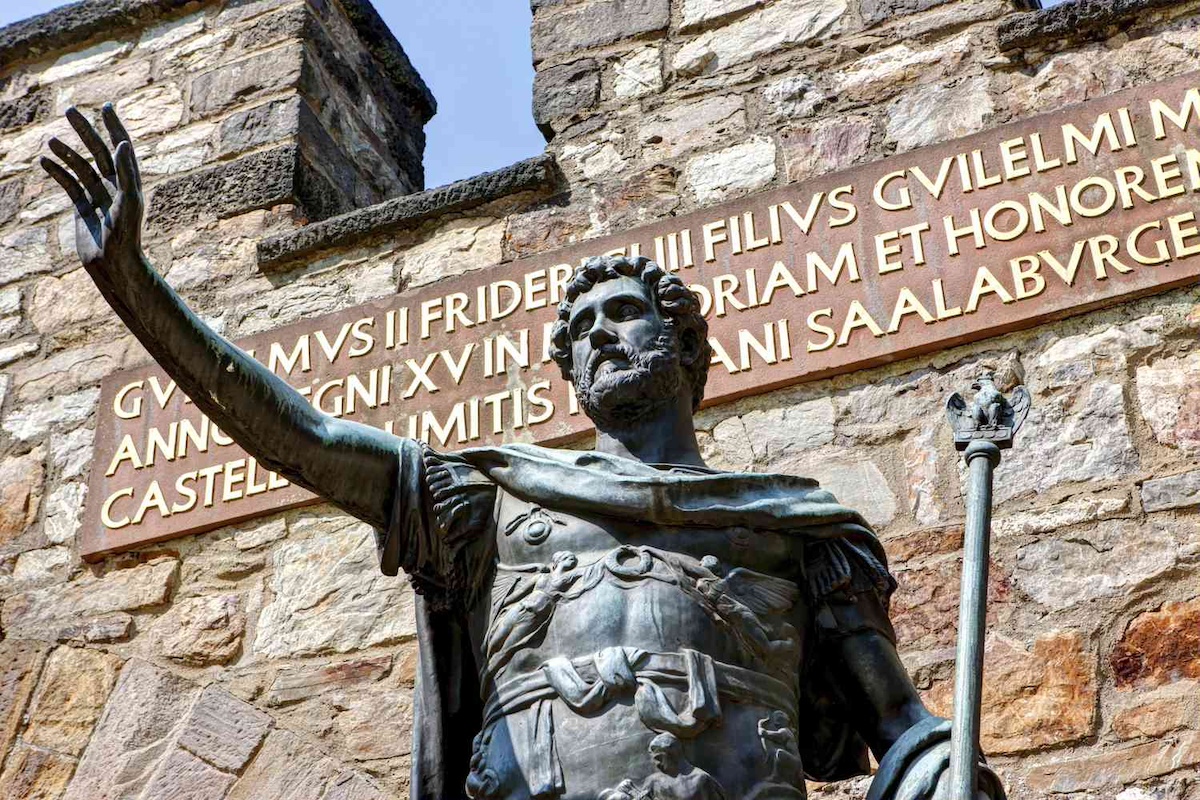In the annals of Roman history, few emperors are remembered with as much reverence and admiration as Antoninus Pius. His reign, characterized by stability, prosperity, and benevolent governance, stands as a shining example of effective leadership in the ancient world. From his ascension to the throne as successor to the revered Emperor Hadrian to his numerous accomplishments during his reign, Antoninus Pius left an indelible mark on the Roman Empire that continues to resonate to this day.
Antoninus Pius, whose full name was Titus Aurelius Fulvus Boionius Arrius Antoninus, ascended to the imperial throne in 138 AD, following the death of Emperor Hadrian. Despite lacking the military pedigree of some of his predecessors, Antoninus Pius quickly distinguished himself as a capable and conscientious ruler. His reign, which lasted until 161 AD, was marked by a commitment to peace, stability, and the well-being of his subjects.
One of Antoninus Pius's most notable accomplishments was his adept handling of the Roman economy. Through prudent fiscal policies and sound financial management, he was able to maintain stability and prosperity throughout the empire. Under his reign, Rome experienced a period of relative peace and prosperity, known as the Pax Romana, which facilitated economic growth, cultural flourishing, and infrastructural development.
In addition to his economic stewardship, Antoninus Pius was also known for his commitment to justice and fairness. He upheld the rule of law and promoted equality before the law, earning him a reputation as a just and compassionate ruler. His administration was marked by a dedication to public service and the welfare of his subjects, leading many historians to regard him as one of Rome's greatest emperors.
But what truly set Antoninus Pius apart was his emphasis on diplomacy and conciliation in foreign affairs. Unlike some of his predecessors who sought to expand the empire through conquest, Antoninus Pius favored negotiation and compromise as a means of maintaining peace with Rome's neighbors. His diplomacy skills helped to preserve the territorial integrity of the empire and mitigate the risk of external conflicts.
Antoninus Pius's reign is also noteworthy for its cultural and intellectual achievements. He patronized the arts and sciences, fostering a climate of intellectual curiosity and creativity within the empire. Under his rule, Rome became a center of learning and innovation, attracting scholars, philosophers, and artists from across the known world.
Antoninus Pius's reign represents a golden age of Roman history, characterized by peace, prosperity, and enlightened governance. His accomplishments as emperor, from his economic stewardship to his commitment to justice and diplomacy, continue to inspire admiration and respect centuries after his death. As one of Rome's greatest emperors, Antoninus Pius left behind a legacy of benevolent leadership that serves as a timeless example of effective governance in the ancient world.




